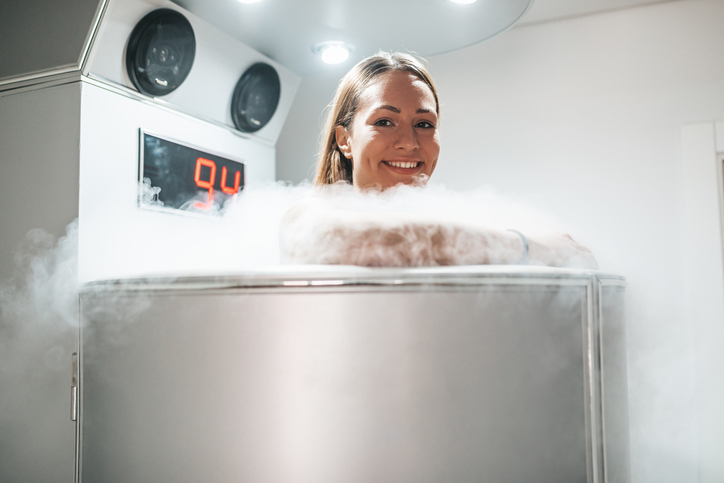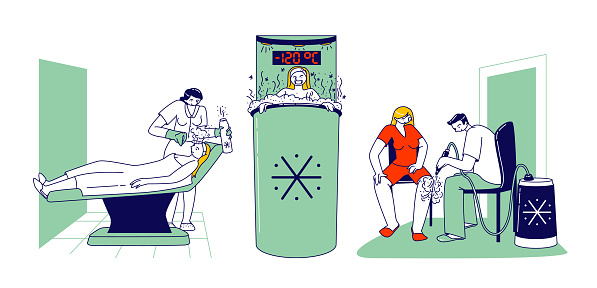Cryotherapy May Hold Promise for Managing Autoimmune Diseases

I have written before about the possible benefits of cryotherapy for proactively managing a variety of health conditions. These include prostate cancer, opioid addiction, pain, and chronic inflammation, to name a few.
Recent research now suggests that it also may benefit people with autoimmune diseases. These diseases affect more than 23.5 million Americans, and are a leading cause of disability and death. They can affect basically any part of your body. There are at least 80 known autoimmune-related diseases. They tend to occur more frequently in females than males, but they vary with different autoimmune diseases and countries.
Treatment for autoimmune diseases usually aims to control the activity of the immune system. And this is where cryotherapy comes in since it has been shown to do just that.

Exactly how does cryotherapy help autoimmue diseases?
One theory is that when exposed to cold, a body will start to try to conserve energy by diverting its resources from the immune system toward maintaining body heat. This diversion helps to dampen the immune response, which is responsible for autoimmune diseases.
A study from the University of Geneva looked at the benefits of cold in treating an autoimmune disease in laboratory mice that is similar to multiple sclerosis in humans. They found that when these mice were exposed to cold, their immune systems decreased their activity. As a result, the immune system’s response was milder and, in this study, researchers saw an improvement in symptoms the mice were exhibiting.
Of course, additional research needs to be done in this area, but there are other studies which support using cold as a treatment for autoimmune diseases and specifically multiple sclerosis. One study suggested that whole body cryotherapy (WBCT) provided positive antioxidant effects in patients with multiple sclerosis. Another demonstrated that WBCT helped with both fatigue and functional status in these patients.
There are other studies which suggest that cryotherapy may be helpful for other autoimmune diseases in addition to multiple sclerosis. One reported results as recently as 2018 and found that whole body cryotherapy may help decrease oxidative stress in male patients who had inflammatory arthritis of the spine and large joints.
Further supporting the potential benefits of cold – and living in a cooler climate – is the fact that summer heat and sunlight can trigger autoimmune disease flare-ups including muscle aches, inflammation, and fatigue. Extreme temperatures can also worsen symptoms.
Precautions?
Since not all autoimmune diseases may respond the same to cryotherapy, it’s important that you first talk with your doctor or another competent healthcare practitioner before heading to your local cryotherapy center. You also need to keep in mind that since sudden bursts of sub-zero temperatures haven’t been closely studied, they could have adverse effects on patients with pre-existing conditions such as:
- Unchecked high blood pressure
- Heart and lung disease
- Poor circulation - exposure to extreme cold can make this much worse
- Allergies that are triggered by cold
- Patients who have had bouts of neuropathy
Enjoy your healthy life!
Disclaimer: This article is not intended to provide medical advice. Please consult with your doctor or another competent healthcare practitioner to get specific medical advice for your situation.







